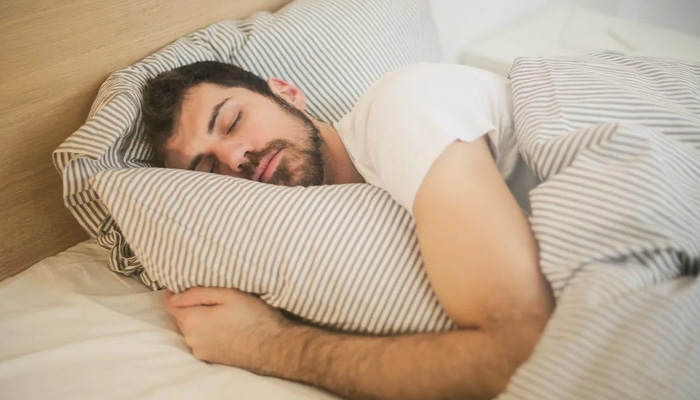
How to Sleep After Hair Transplant?
Once you get a hair transplant done, an aspect that would be of worry is - How to Sleep? Post-surgery getting sufficient sleep is essential for speedy recovery. It is recommended that your head needs rest for nearly 8 hours in a day. So, managing sleeping for that duration can sometimes become difficult. After the surgery, you may experience certain discomfort and swelling. However, you need to strictly follow the hair care routine.
The Surgeon will recommend certain procedures to be followed to sleep properly. After the surgery, the first few days are crucial. You must take proper care so that the newly transplanted hair follicles stay unharmed while sleeping. Sleeping in the wrong posture can even instigate allergies and infection.
When can I Sleep Normally after Hair Transplant?
When to get normal sleep after hair transplant differs in every individual. For the first few days you will have to sleep by keeping your head elevated. Using soft pillows would be helpful. You can add extra pillows if you experience discomfort. During the initial week, avoid putting any friction or pressure to the transplanted area.
You may gradually start sleeping normally after 10-14 days of your hair transplant. During this time, the transplanted grafts of hair get properly enrooted. If you feel uneasy or sore, consult with the surgeon without delay. Go for your follow-up appointments as per schedule. This is important to monitor the progress and take measures accordingly. Post-healing may take months, but adhering to the guidelines will certainly let you sleep calmly.
Sleeping after Hair Transplant: Dos and Don’ts
It is very important to know about the habits that support recovering early after the surgery. There are some precautions to be taken so that potential complications can be averted. To keep intact the fresh hair follicles special care is to be taken. These are the crucial Dos and Don’ts to be followed :-
Dos |
Don’ts |
| 1. Sleep in an elevated position or upright | 1. Avoid toss and turns while sleeping |
| 2. Use Softer Pillows | 2. Don’t Exercise or perform strenuous activity |
| 3. Maintain hygiene | 3. Stay away from direct sunlight |
| 4. Follow post-surgery instructions | 4. Avoid coloring or dying of hair |
| 5. Stay hydrated | 5. Stay away from smoking & alcohol |
What Happens If You Don't Sleep Well After a Hair Transplant?
Sleeplessness may lead to delay of recovery following the hair transplant. To heal after the surgery your body requires sleep in adequate amounts. Lack of sleep may increase stress levels which affects your body’s capability to restore and rejuvenate. Your immune system might lose its capacity to regenerate if you can’t have proper sleep.
Sleeping well will let you abstain from the tendency of scratching or rubbing the transplanted area. The outcome of hair transplant gets remarkable and successful when you can have sufficient sleep. Poor sleeping habits increase the risks of damaging the transplanted hair follicles or the hair grafts. Therefore, restful and adequate sleep is very important on the road to recovery. Taking expert advice from certified health professionals can be very beneficial in such scenarios.
Frequently Asked Questions
Can I sleep on my side or stomach after a hair transplant?
During the initial days you can’t sleep sideways or on your stomach. You should be sleeping upright or on your back so that least pressure is applied on the transplanted area. Your surgeon will allow you to sleep on your side or stomach when satisfactory progress is noticed.
When can I return to my normal sleeping positions after a hair transplant?
After a fortnight (two weeks) or so you can sleep in your normal sleeping position. But, it also depends upon how good your recovery is. Individuals with slower recovery time might need to wait for more than a fortnight.
Is using a special pillow essential for post-hair transplant sleep?
You need to be using a neck pillow to keep your head positioned in an elevated manner. A travel pillow can also serve the purpose when necessary. You might be allowed to use a soft pillow when the hair grafts embeds well.
What if I experience difficulty sleeping after a hair transplant?
Having issues after the surgery needs immediate consultation with the surgeon or other health professionals. To address your sleeping problems, the surgeon will be giving the necessary and proper medical advice.